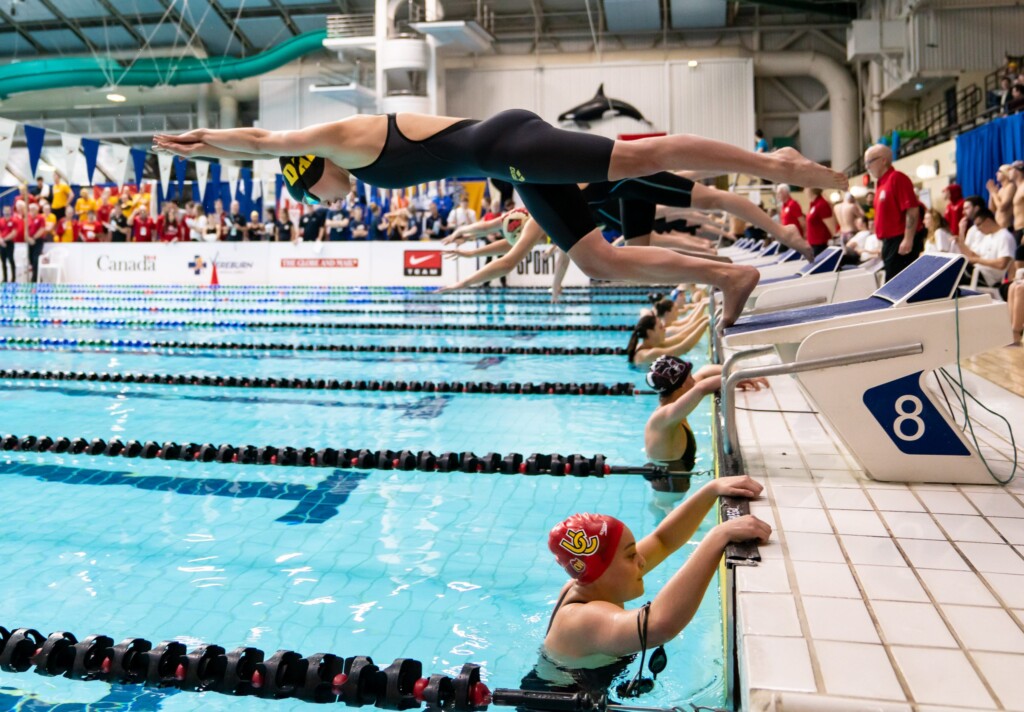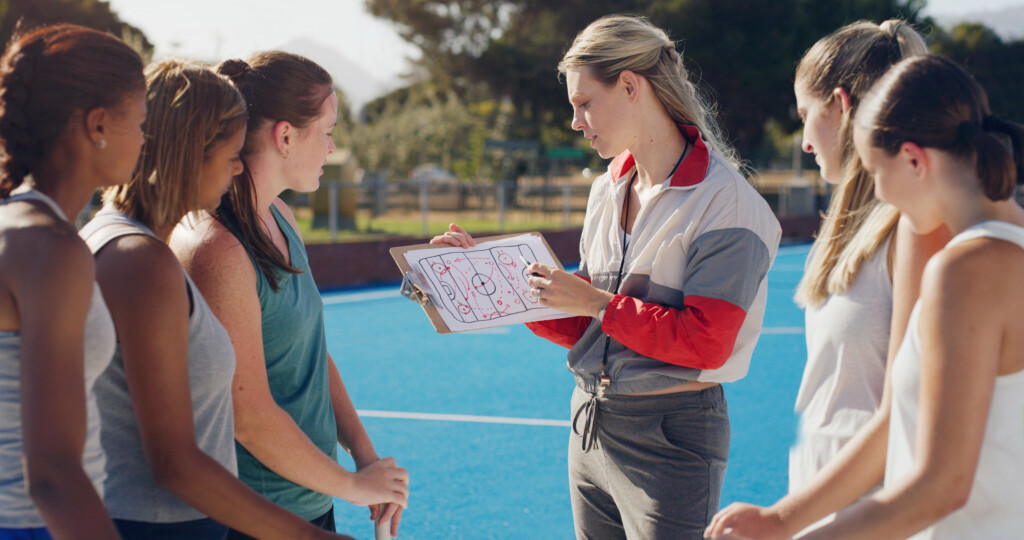Building capacity for female leaders
Women are often underrepresented in leadership roles in sports. As such, there is a need to build organizational capacity for women leaders. Researchers suggest that some best practices for organizations include creating family-friendly activities that encourage women to become more involved in an organization and partnering with external organizations to bring new women and girls…
Looking back to go forward: 50 years of Canadian women’s sport

U SPORTS 2020 Swimming Championships at Saanich Commonwealth Place, Victoria, BC, February 2020 (Photo: U SPORTS) Looking back over the last 50 years of women’s sport in Canada, it’s amazing how we have progressed to bring equity, stability, and opportunity, not necessarily in all aspects of sport, but certainly in many. For example, 50 years…
Four strategies to support girls through sport-based mentorship

Sport has the potential to foster girls’ healthy development, leading to outcomes such as enhanced self-esteem, physical health, and mental well-being. Sport can reduce adverse health outcomes for girls, such as depression (Canadian Women & Sport, 2022; Eime et al., 2013). Yet in Canada, girls are dropping out of sport at alarming rates, with recent…
Swarali Patil ( s.patil@mmu.ac.uk ) @ 10/03/2023 11:03 am
Swarali Patil ( S.Patil@mmu.ac.uk ) @ 06/29/2023 8:58 am
A roadmap for investing in Canadian women’s professional sport
The Canadian women’s professional sport market is estimated to be worth $150-200 million currently, and is significantly underdeveloped. Meanwhile, fan interest in women’s pro sports has never been higher. New research from Canadian Women & Sport presents an exciting roadmap for investing in women’s professional sport in Canada.
Gender imbalance in sport research
Despite the past year being significant for women’s sport, evidence demonstrates that athlete research is still heavily skewed towards male. This imbalance leaves large gaps in knowledge about women’s sport, sports-related injuries and in particular, training and the menstrual cycle.
Knowledge of REDs among female endurance athletes
Female endurance athletes have an increased risk of relative energy deficiency syndrome (REDs). Female cross-country runners have the highest incidence of stress fractures of all collegiate sports. Research regarding athlete, coach, and athletic trainer awareness of REDs showed that while athletic trainers have the most knowledge of the syndrome, athletes have the least. This suggests…
The Canadian Women & Sport Rally Report
The Canadian Women & Sport Rally Report showcases how women and girls in Canada are experiencing sport. The report found that girls’ participation rates remain low, girls and their parents view low quality programming as a barrier, and that sport leaders are not equipped to address the needs of girls.
Gender equity and sport media
Did you know that over 90% of Canada’s sport media coverage is focused on men’s sport? While many Canadians want to watch women’s sports, finding channels that cover them can be difficult. Increasing media coverage of women athletes is essential for promoting gender equity in Canadian sport.